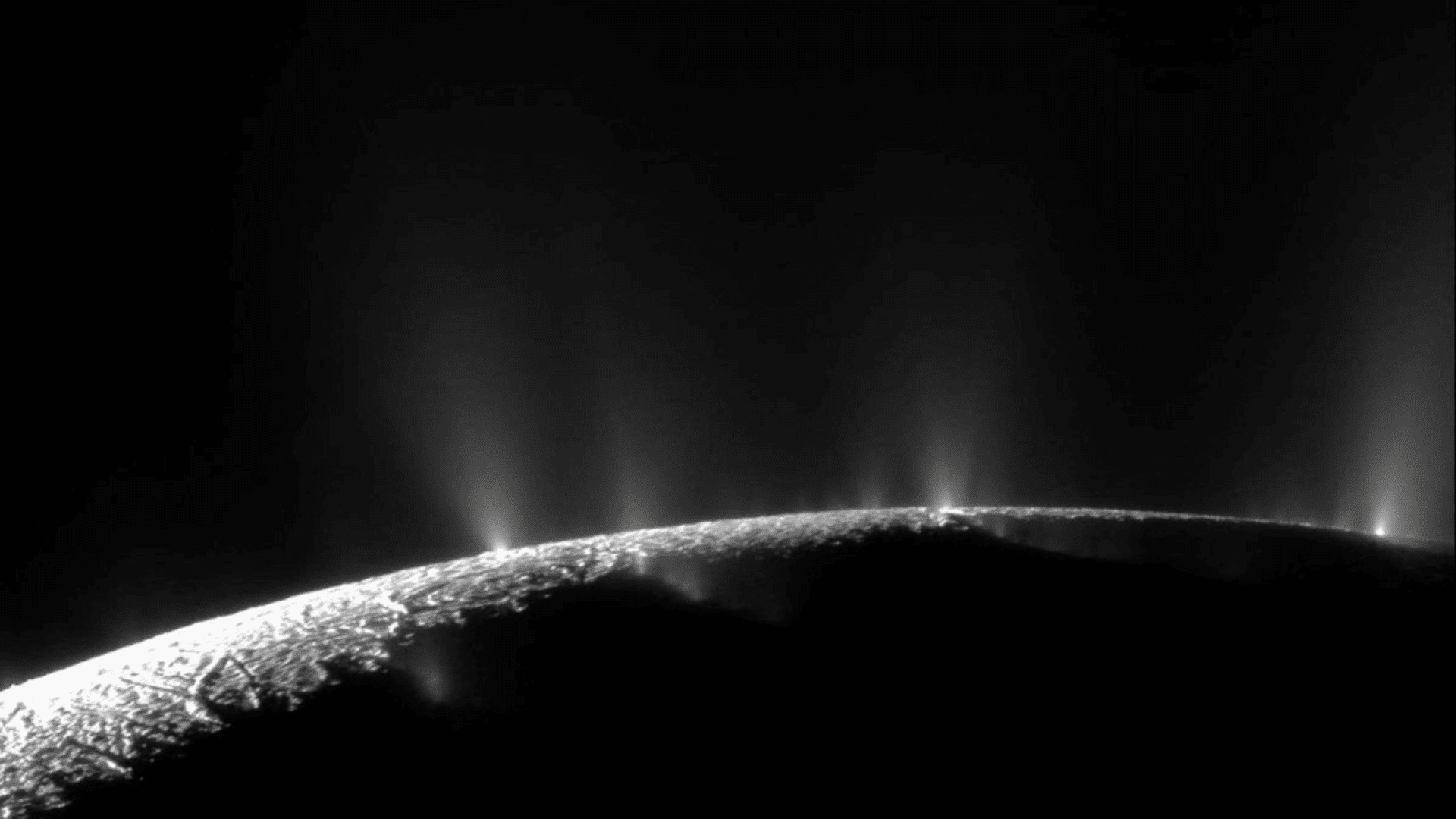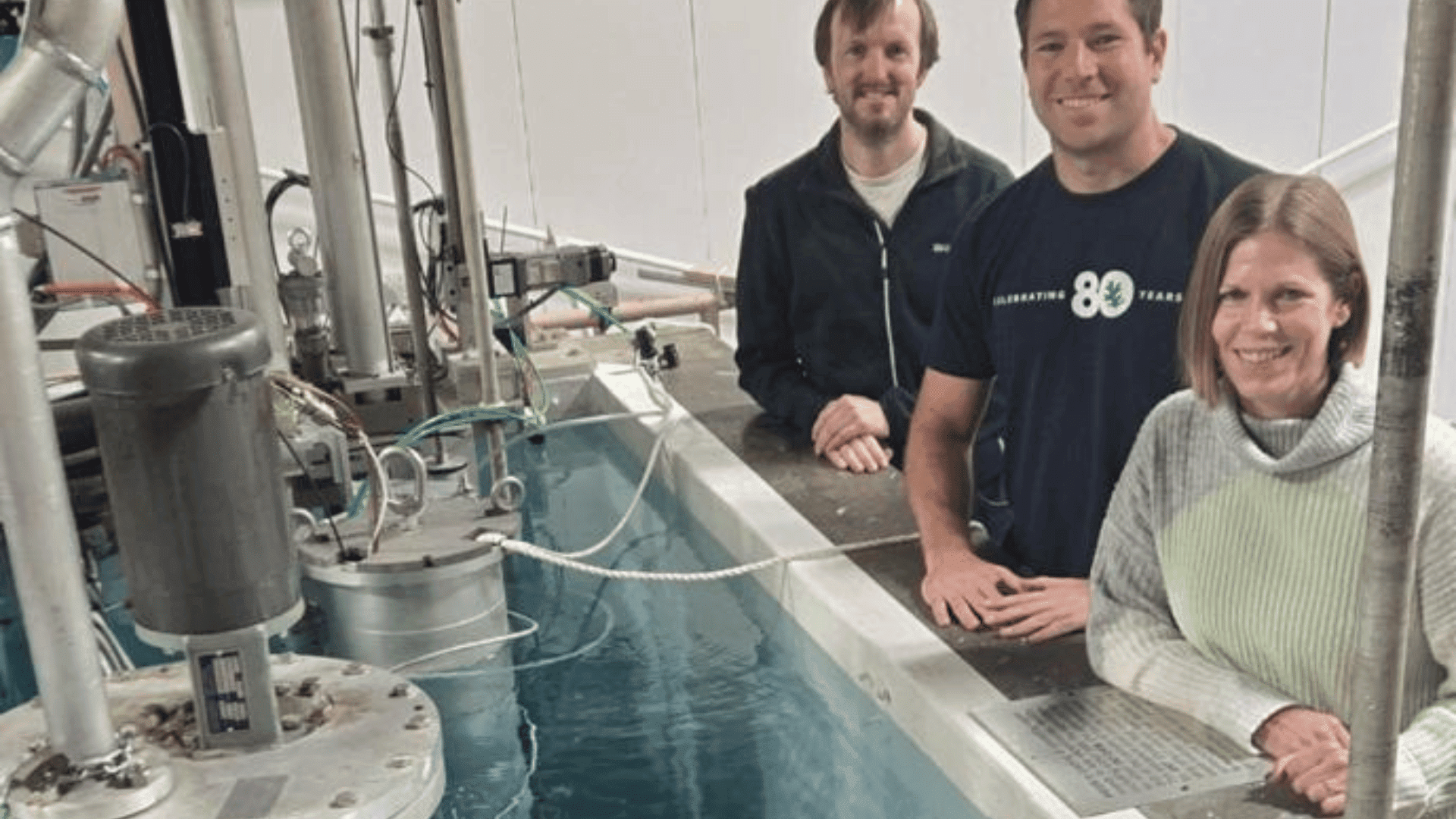Scientists have discovered new types of organic molecules in icy geysers on Saturn’s moon Enceladus, increasing the potential that the moon could harbor conditions suitable for life.
Could This Moon Hold Alien Life?


One of Saturn’s 274 moons, Enceladus, has long been considered a potential candidate for alien life due to its ocean and plumes of water. But just because it’s a candidate for life to form, doesn’t necessarily mean alien life exists there.
“Being habitable and being inhabited are two very different things. We believe that Enceladus is habitable, but we do not know if life is indeed present,” said the University of Washington’s Fabian Klenner, who took part in the study.
The findings are based on observations made by NASA’s Cassini spacecraft in 2008 during a close and fast flyby of Enceladus. An international team analyzed tiny grains of ice spotted as Cassini flew through the moon’s geysers.
Advertisement
The grains were young compared to older particles in Saturn’s outermost rings. The new grains collided with Cassini’s cosmic dust analyzer faster than the older ones, providing a clearer view of the chemical compounds present.
Though organic molecules had previously been noted in the older geyser grains, researchers weren’t sure whether they’d been altered by space radiation over time. Some of the same molecules and new chemical compounds were found in the fresh grains.
“Having a variety of organic compounds on an extraterrestrial water world is simply phenomenal,” Klenner said in an email.
This also confirmed that the molecules came from Enceladus’ underground sea, where it’s suspected to have hydrothermal vents on its ocean floor.
“We are confident that these molecules originate from the subsurface ocean of Enceladus, enhancing its habitability potential,” the Free University of Berlin’s Nozair Khawaja, the lead author, said in an email.
The European Space Agency is in the early planning stages of a mission to land on Enceladus, which is expected to launch in a few decades. The new findings were published in Nature Astronomy.



